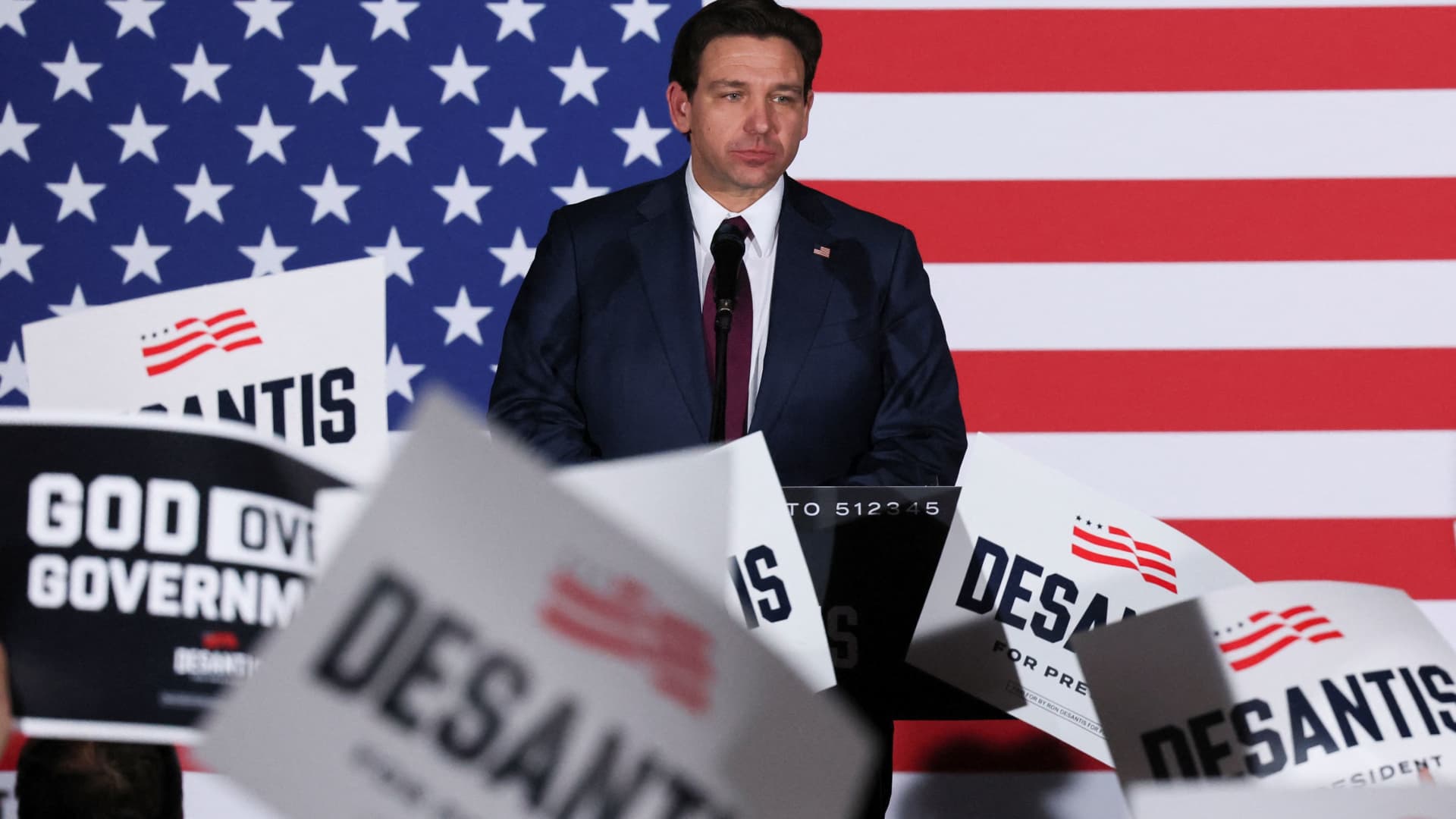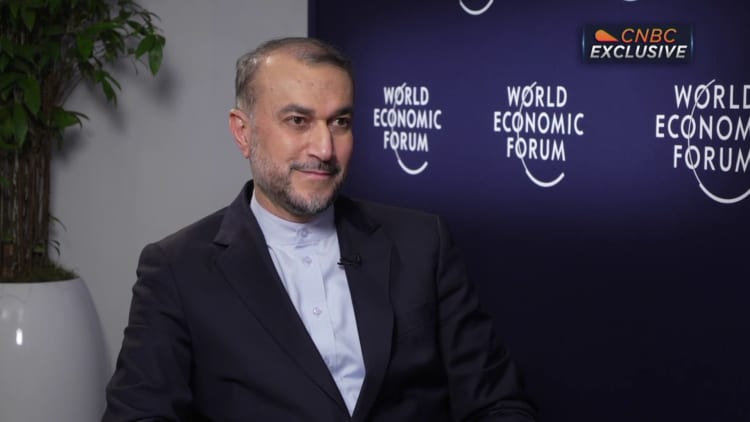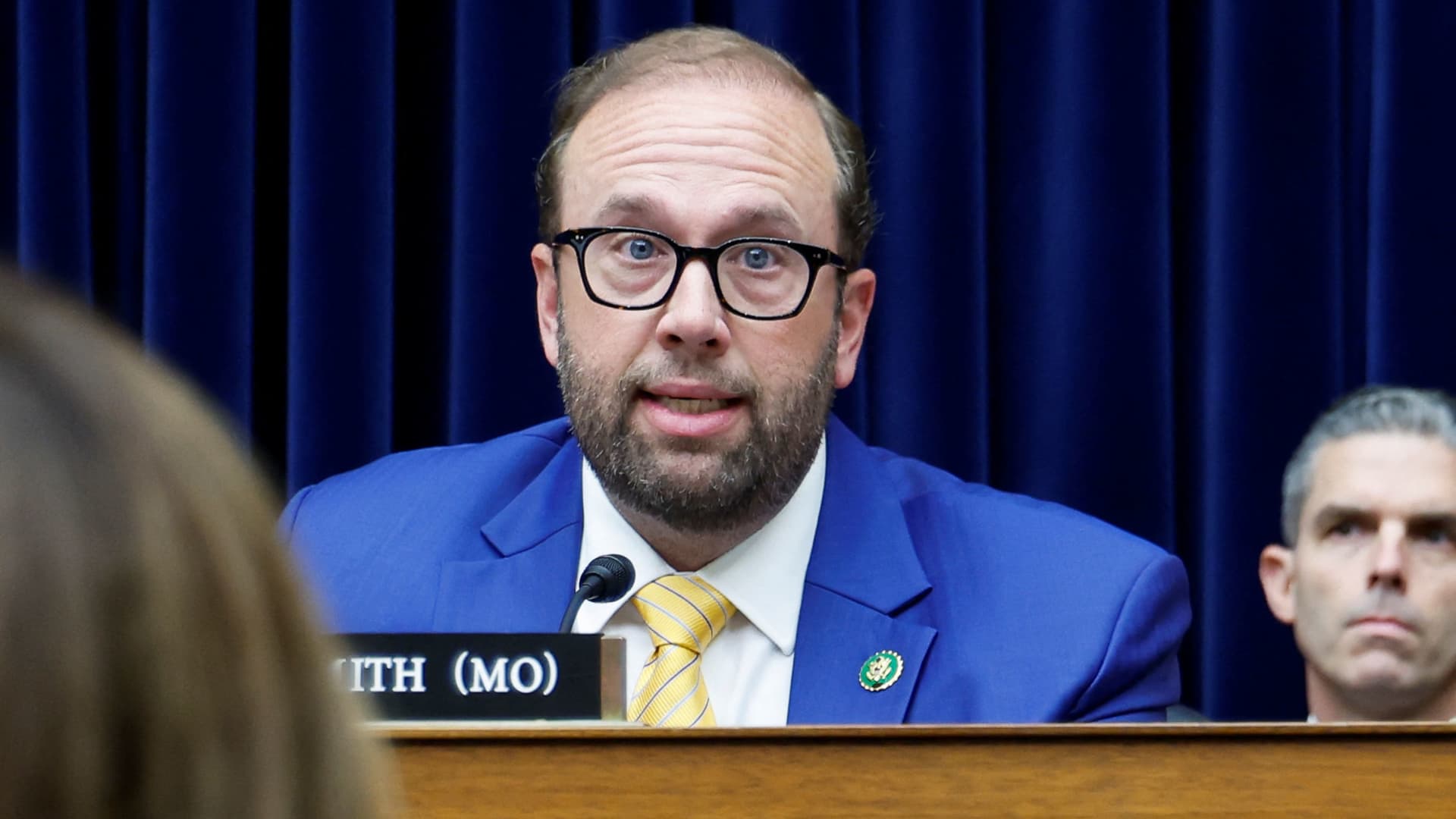[tdc_zone type=”tdc_content”][vc_row][vc_column width=”1/1″]
Trending Now
POLITICS
Ron DeSantis super PAC lays off staff after Trump wins Iowa...
Florida Gov. and Republican presidential candidate Ron DeSantis looks on at his Iowa caucus watch party in West Des Moines, Iowa, on Jan. 15,...
BUSINESS
ECONOMY
SPORTS
Zach Wilson learns hard lesson about life with Aaron Rodgers
Photo: Getty ImagesWell, here’s a shocking revelation: The Zach Wilson-Aaron Rodgers relationship reportedly soured as the 2023 season progressed in New...
HEALTH
Happy Weight vs. Healthy Weight
April Williams remembers when her doctor told her she should weigh 140 to 150 pounds. At the time, she was 326 pounds, her...
TECHNOLOGY
Instagram now lets you edit DMs up to 15 mins after...
Instagram announced today that it’s rolling out the ability for users to edit their direct messages for up to 15 minutes after sending...
INSURANCE
MOST POPLULAR
Polynesian Bowl: Top performers shine in final high school event
HONOLULU -- The 2024 edition of the Polynesian Bowl turned out to be a competitive game that wasn’t decided until the final minutes....

































